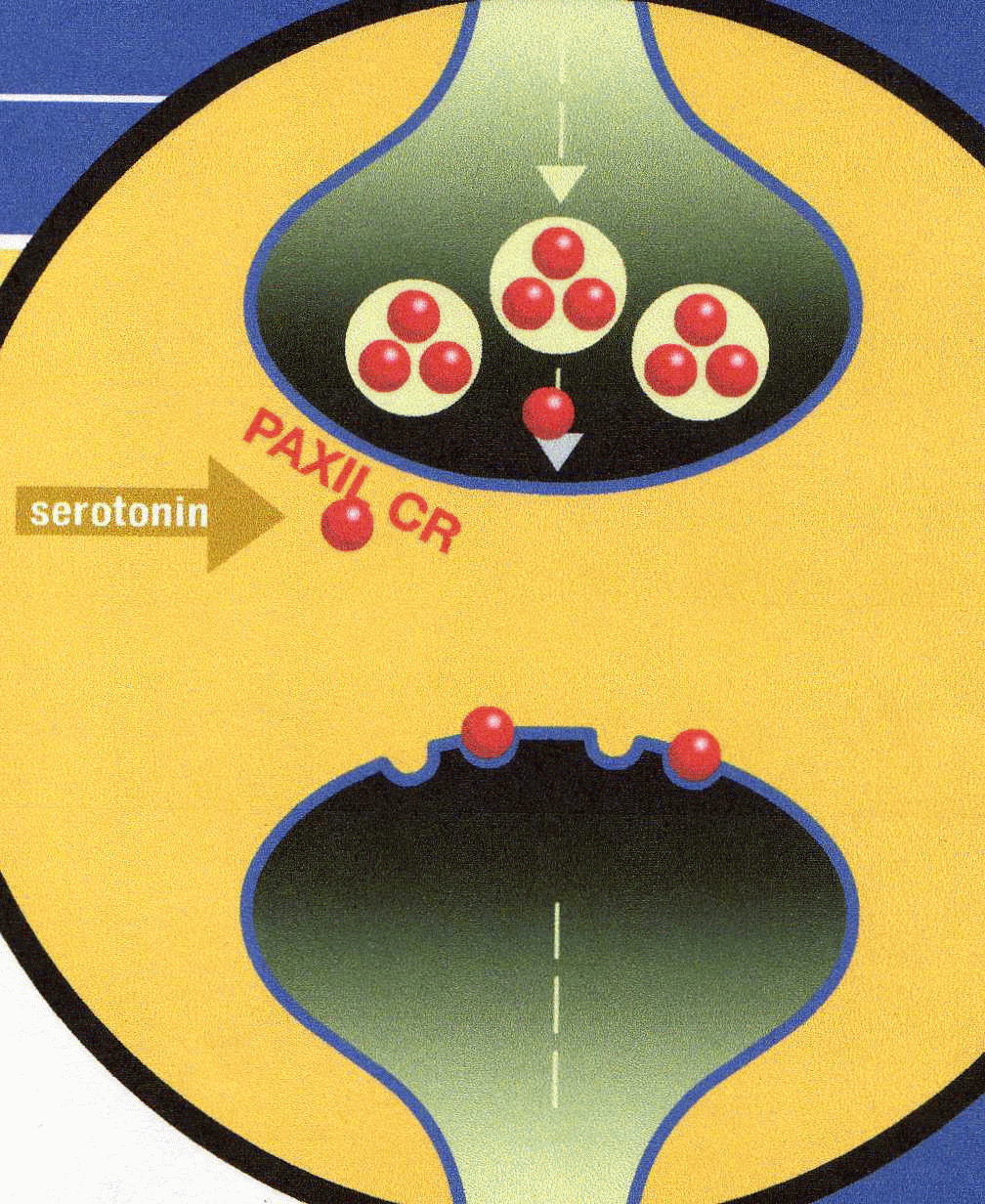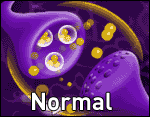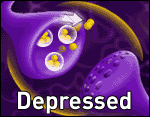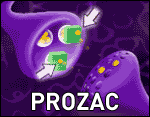
What are the causes of Generalized Anxiety Disorder?
Although the exact causes are unknown, it may be due to a chemical imbalance in the brain. Serotonin and norepinephrine are two chemicals used by some nerve cells to communicate. These chemicals, called neurotransmitters, are thought to be linked to GAD.
How does Effexor XR work?
Effexor XR is thought to work by affecting two naturally occurring brain chemicals, serotonin and norepinephrine.
What causes social anxiety disorder?
The causes are unknown, but it may be due to a chemical imbalance in the brain. Serotonin and norepinephrine are two chemicals used by some nerve cells to communicate. These chemicals, along with other neurotransmitters, are thought to be linked to social anxiety disorder.
Although the exact causes of these conditions are unknown, they may be due to a chemical imbalance in the brain. Therefore, medications that affect this chemical imbalance may play a role in treating these disorders.
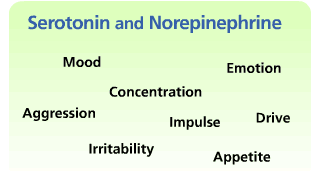
 Adverse event incidence in short-term placebo-controlled Effexor XR clinical trials in social anxiety disorder patients: hypertension, vasodilatation, palpitation; nausea, anorexia, constipation, diarrhea, vomiting, eructation; weight loss; insomnia, dry mouth, dizziness, somnolence, nervousness, libido decreased, anxiety, agitation, tremor, abnormal dreams, paresthesia, twitching; yawn; sinusitis; sweating; abnormal vision; abnormal ejaculation, impotence, orgasmic dysfunction. As with any psychotropic drug, Effexor XR may impair judgment, thinking, or motor skills.
Adverse event incidence in short-term placebo-controlled Effexor XR clinical trials in social anxiety disorder patients: hypertension, vasodilatation, palpitation; nausea, anorexia, constipation, diarrhea, vomiting, eructation; weight loss; insomnia, dry mouth, dizziness, somnolence, nervousness, libido decreased, anxiety, agitation, tremor, abnormal dreams, paresthesia, twitching; yawn; sinusitis; sweating; abnormal vision; abnormal ejaculation, impotence, orgasmic dysfunction. As with any psychotropic drug, Effexor XR may impair judgment, thinking, or motor skills.







